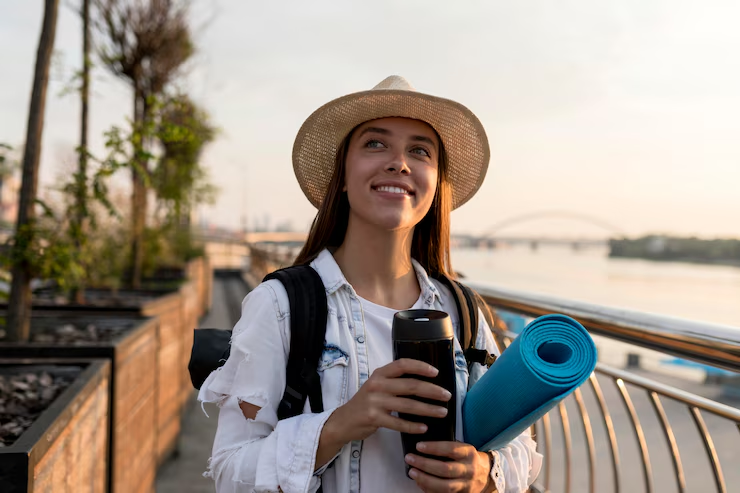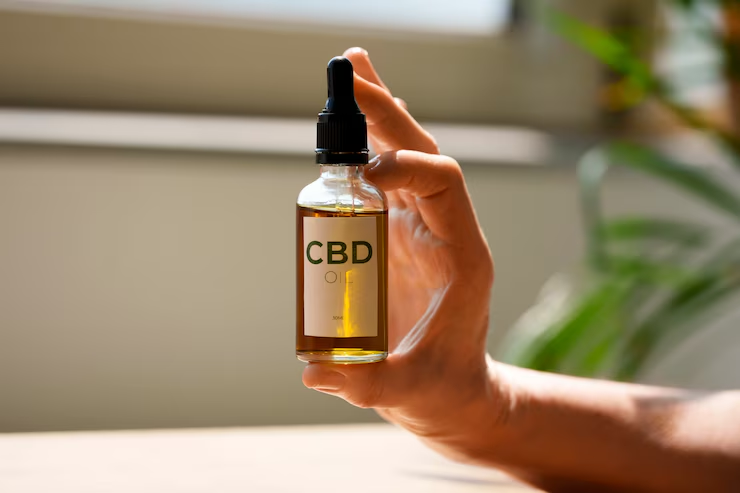Traveling Domestically with CBD: What You Need to Know
Table of Contents
cbd roll on for pain has become a staple for many who rely on it for anxiety, sleep, or pain relief. But when it comes to Traveling Domestically with CBD, confusion around laws and logistics can make packing your products stressful. While the 2018 Farm Bill federally legalized hemp-derived CBD (with less than 0.3% THC), each state has its own rules.
If you’re preparing to take a trip across the U.S., here’s what you need to know about bringing your CBD along safely and legally.
Is It Legal to Travel with CBD in the U.S.?

Yes—with important caveats. Traveling Domestically with CBD is generally allowed if:
- Your CBD is derived from hemp
- It contains less than 0.3% THC
- It’s clearly labeled and packaged
- You’re not traveling to a state with restrictive CBD laws
Most states follow federal guidelines, but states like Idaho or Nebraska may have tighter restrictions. Always check local laws before you go.
Air Travel with CBD: TSA Guidelines

TSA updated its policy in 2019 to allow CBD products on flights—again, as long as they meet federal requirements. You can pack:
- CBD oils and tinctures in your carry-on (3.4 oz or less)
- CBD gummies or capsules in pill organizers
- Topicals like salves or creams in checked or carry-on baggage
TSA officers aren’t specifically looking for CBD, but if they find something questionable, they may call local law enforcement. So be sure your product is clearly labeled and legal.
Tips for Traveling Domestically with CBD
- Keep it in original packaging: This helps prove what’s in the product and its THC content.
- Travel with a COA (Certificate of Analysis): Especially useful in states with stricter enforcement.
- Avoid full-spectrum products with THC: Even if it’s legal where you’re from, it may not be where you land.
- Don’t vape CBD at the airport: Public use laws still apply.
- Label your own homemade CBD products clearly and properly.
State-Specific Rules to Watch
Even though Traveling Domestically with CBD is federally legal, some states—like South Dakota, Nebraska, and Idaho—still have complex or restrictive rules. Here are a few notes:
- Idaho requires CBD to contain 0.0% THC.
- Nebraska allows CBD only under certain conditions.
- South Dakota now permits CBD but had bans until recently.
Do your research for each state you’ll be traveling through or to—even for layovers.
What Happens If You’re Caught with Illegal CBD?
In states with stricter laws, possessing CBD products with any trace of THC could lead to fines, confiscation, or even legal charges. That’s why it’s critical to understand the law, travel with documentation, and avoid assumptions.
FAQ: Traveling Domestically with CBD

1. Can I bring CBD oil on a plane?
Yes, you can bring hemp-derived CBD oil in your carry-on if it’s 3.4 oz (100 ml) or less. It must contain less than 0.3% THC.
2. Do I need a prescription to travel with CBD?
No, over-the-counter hemp-derived CBD products don’t require a prescription when traveling domestically in the U.S.
3. What type of CBD is safest to travel with?
Broad-spectrum or CBD isolate (which contains no THC) is safest. These forms reduce the risk of triggering THC detection or legal complications.
4. Can I take CBD gummies through airport security?
Yes, CBD gummies are easy to travel with. Keep them in original packaging to avoid issues.
5. Is it okay to bring CBD across state lines?
Yes, as long as your product complies with federal law and the laws of the state you’re entering. Always verify state-specific regulations in advance.







